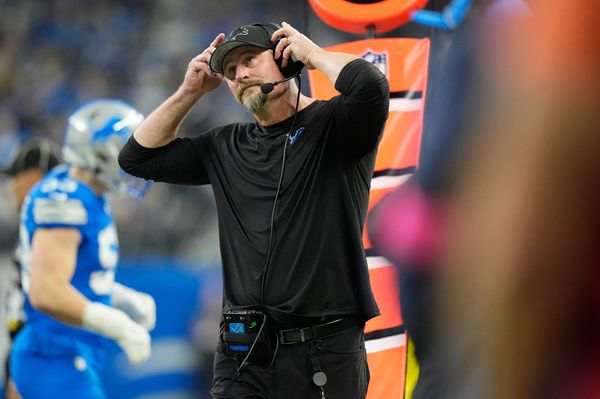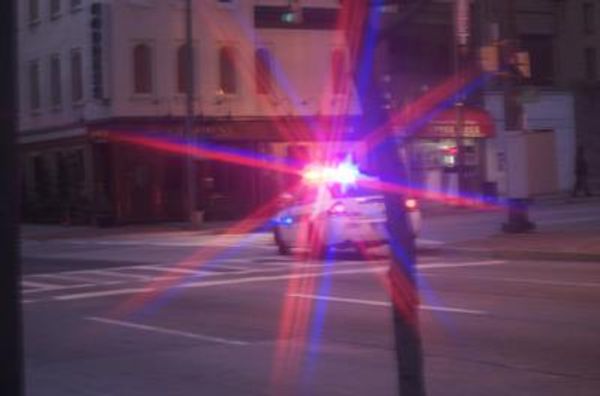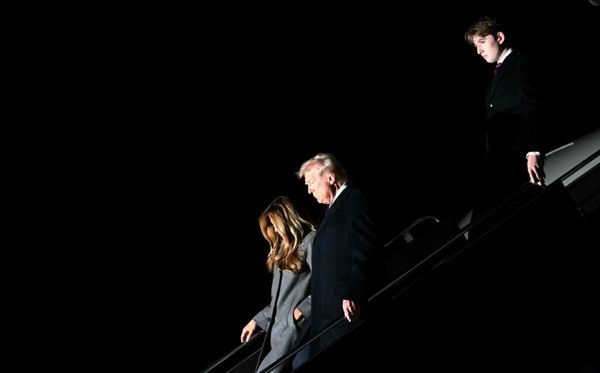
Germany’s foreign minister has visited the eastern Ukrainian city of Kharkiv, promising more weapons and giving hope that Berlin will release Leopard 2 tanks to help break the deadlock in the near 11 months-long war.
Annalena Baerbock’s surprise trip – in conjunction with her Ukrainian counterpart, Dmytro Kuleba – also saw her promise further humanitarian aid during Ukraine’s deep winter and help for Kyiv in its efforts to join the EU.
Arriving in Kharkiv, badly damaged by months of Russian missile attacks, Baerbock said Ukrainians “should know that they can count on our solidarity and support”, and “that includes further arms deliveries”.
The minister made no direct reference to giving permission to supply the Leopard 2s, badly sought after by Ukraine, but the tone of her discussions with Kuleba appeared to have been positive, and both sides hinted at future military help.
“Kharkiv is now a symbol of successful Ukrainian counteroffensives which prove Ukraine will win with sufficient support of partners. I have no doubts further German military aid will come,” Ukraine’s foreign minister said.
Baerbock also promised more aid, highlighting that Germany had supplied generators, transformers and fuel to help Ukraine through the winter. Berlin would also make “concrete offers” to help Ukraine take the steps it needs to join the EU.
Germany promised last week, after months of equivocating, to send 40 tracked armoured Marder infantry fighting vehicles (IFVs) to Ukraine, in parallel with the US supplying 50 similar Bradleys.
On Monday, the UK indicated it was considering providing a small number of its Challenger 2 tanks to Ukraine, the first time any western country had suggested it was willing to send over its heaviest armour.
Ukraine is particularly keen to acquire Leopard 2s because there are more than 2,000 in Europe, in the service of 13 countries. But Berlin’s permission is required if they are to be re-exported, and Germany has been concerned about the dangers of escalating the conflict.
A key moment is expected to come next week when western defence ministers meet on 20 January for the next Ukraine contact group meeting to discuss future military aid. Reports suggest the US is now considering announcing at that meeting it will send Stryker armoured combat vehicles.
Western officials believe Ukraine needs a large number of tanks and fighting vehicles to help its forces break through the increasingly fortified Russian frontlines, which have not moved significantly for nearly two months.
“Somebody needs to break the deadlock here,” said one official on Tuesday, speaking on condition of anonymity. “The force ratios between Russians and Ukrainians are too closely, too finely balanced.” They said that, while Russia had more troops at its disposal, Ukraine had a growing quantity of higher quality, western equipment.
Ukraine’s defence minister and top general have said their country needs 300 tanks and 600-700 fighting vehicles to help it force out the Russians and win the war on the ground. These were not “unreasonable numbers” to help Kyiv achieve victory, the western official added in a briefing.
Elsewhere, there are clear signs that the west is stepping up the pace of its support. Ukrainian soldiers will travel to a US base near Oklahoma City to be trained on how to use the Patriot missile defence system that Washington said last month it would provide. Training is likely to take several months.
The west is also beginning to believe that Russia may have failed in its attempt to destroy Ukraine’s energy grid over the winter. “We know now there has not been a wave of strikes for almost 10 days,” the official added, prompting hopes that Moscow was finally running short of missile stocks.
Nikolai Patrushev, the head of Russia’s security council, said the conflict in Ukraine has become “a military confrontation between Russia and Nato, and above all the US and Britain”, in a newspaper interview aimed at boosting support for the war in his home country.
The senior politician, a close ally of the Russian president, Vladimir Putin, said the west’s plan was to “continue to pull Russia apart, and eventually just erase it from the political map of the world” and that the US was “a shell for a conglomerate of huge corporations that rule the country and try to dominate the world”.







